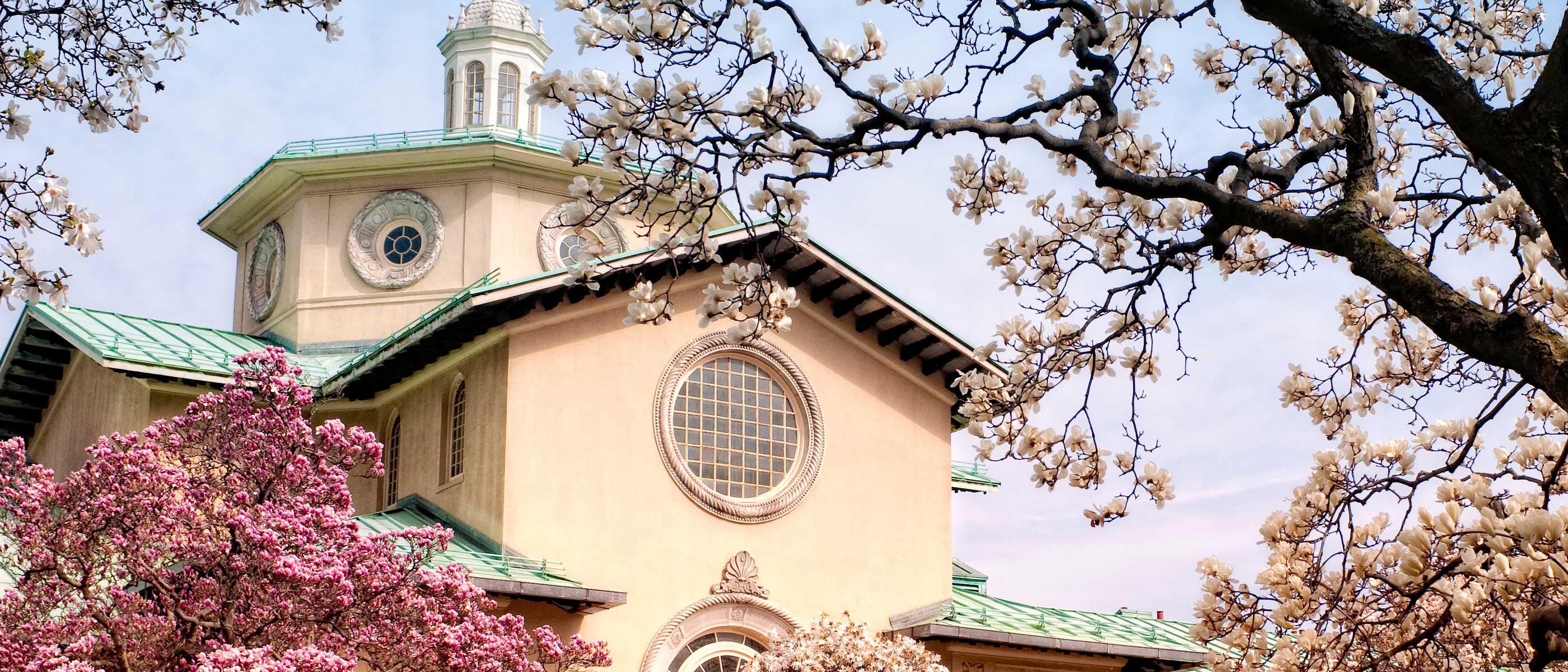Across Brooklyn, acres of vacant space have lain fallow for decades. Within them lies the potential for a new urban landscape. Community gardens and “pop-up” urban farms provide Brooklynites with opportunities to reconnect with nature, create centers of environmental education, and build stronger, more resilient communities in the process.
Last spring, I helped launch North Brooklyn Farms (NBk) on the grounds of the defunct Domino Sugar Factory in Williamsburg. Once a weedy symbol of lost industry, it’s now a showcase for how to grow a variety of edibles like kale, lettuce, tomatoes, and herbs using sustainable horticulture. A big part of growing food sustainably is reviving the art of seed saving.
According to the USDA, there are thousands of varieties of tomatoes. Yet how many do you find at a grocery store or even the local farmers’ market? By saving seed, Brooklyn gardeners can maintain access to a plethora of locally produced heirloom and open-pollinated seeds for vegetable varieties known to grow well here.
At NBk we have purposely incorporated such crop varieties into our farm design in order to save seed. Not only do we produce seed for sale, but we are teaching our neighbors just how easy it is save their own seed.
Starting with a borough of empowered food growers, the day may come when the whole city is served by a network of community-based seed banks. In an age when corporations control an increasing number of seed patents, the call for growers to save seed takes on a new urgency.
To learn more, come to a free GreenBridge workshop this fall, and check out BBG’s online articles “Save Your Vegetable Seeds” and “Seed Banking for Survival.”



